Legendary Star Trek Director Put Paramount In Its Place
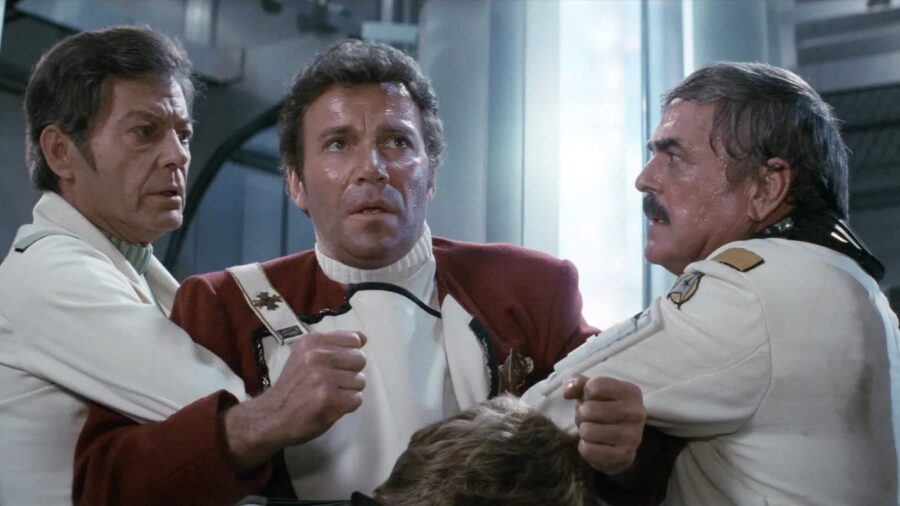
In retrospect, it’s amazing that Star Trek II: The Wrath of Khan ended up becoming such a beloved science fiction classic. The script was extensively rewritten in less than two weeks, the franchise creator hated everything about the new film, and Paramount executives second-guessed every major decision. In fact, director Nicholas Meyer recently revealed that Paramount execs had expressed doubts about the scene where Kirk reconciles with his son David, and after audiences cheered for this moment at the premiere, Meyer told an exec “ it doesn’t matter what you think, just what they think.”
The Audience Is Always Right
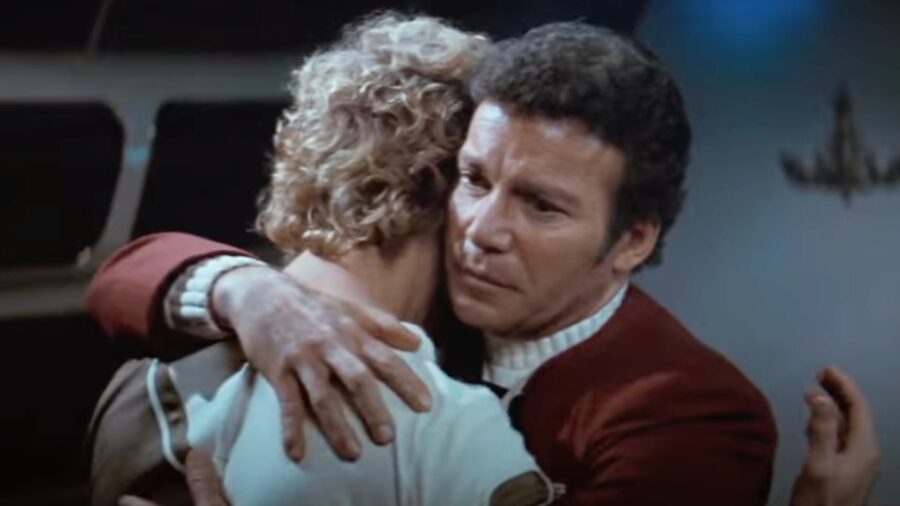
The full context of this story reveals, among other things, just how petty Paramount could be, with Nicholas Meyer describing how he “had argued with some of the executives” about the Kirk/David reconciliation scene “and insisted that it remain.” One of those execs was at the screening where this moment received applause from the audience, and Meyer spoke to the man afterward.
During their conversation, the huffy-sounding exec said “Yeah, yeah, I know what I’m supposed to say, but I still don’t think it works.” At this point, Nicholas Meyer replied “Well, it doesn’t matter what you think, just what they think.”
This simple exchange reveals one reason why The Wrath of Khan’s popularity has only grown over time: at the end of the day, the director took a page out of Spock’s book and tailored his film to the needs of the many fans and not the few executives trying to edit the soul out of his movie.
Wrath Of Khan Needed The Reconciliation
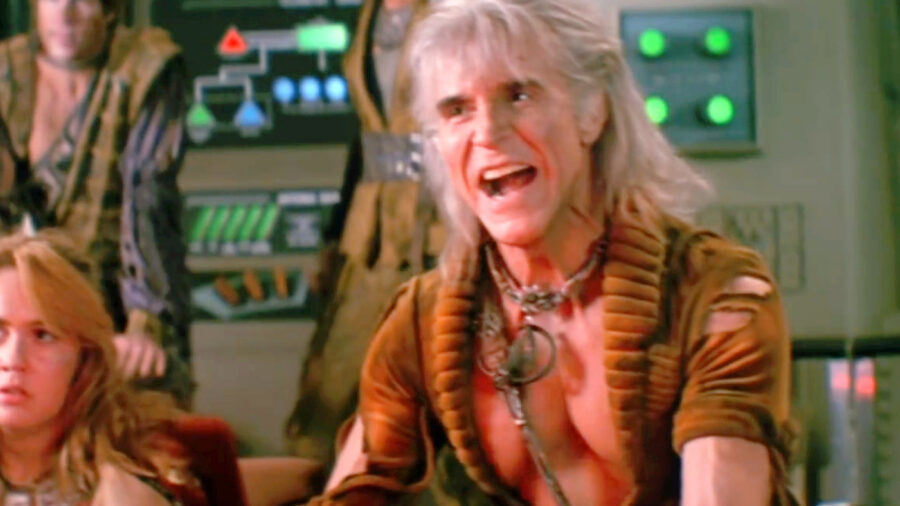
Speaking of that film’s soul, Nicholas Meyer was very open about why he thought the movie needed to include this scene. In his words, “I think a lot of fathers and sons connect to this movie because it is about fathers and sons, among the other things.”
Honestly, we’d go a step further and say that the Kirk/David relationship is at the heart of what grounds this movie’s otherwise wild premise and helps it ultimately stick the emotional landing.
Genesis
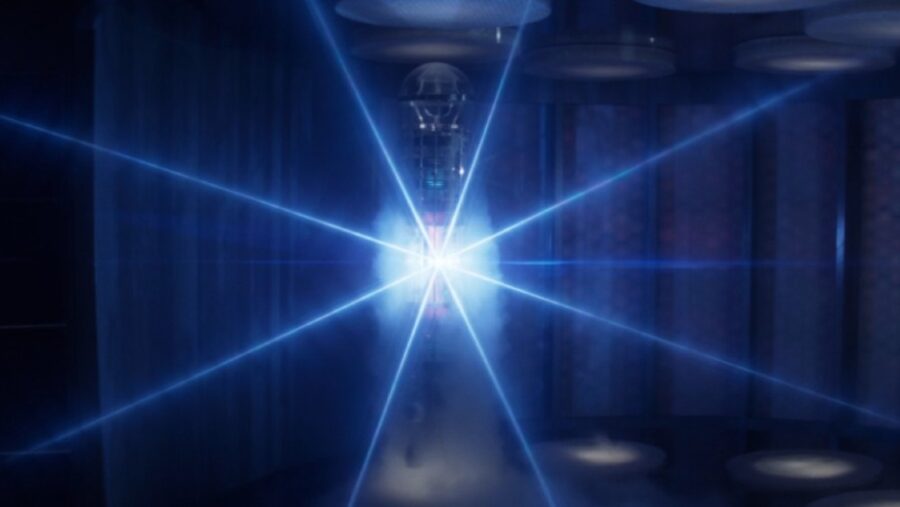
The Wrath of Khan focuses on Project Genesis, which the Federation wants to use to turn barren planets into planets teeming with new life. This would allow scientists to truly create life from lifelessness, but there’s a catch: if the device is used on a planet that already has life, the existing population would be completely wiped out.
That makes Genesis the ultimate weapon for Khan, a genetically enhanced tyrant looking to threaten the entire galaxy.
In The Wrath of Khan, a major plot point is that Kirk is feeling his age, but by the end of the movie, he admits to McCoy “I feel young, Doctor.” Part of this feeling is due to him looking at the Genesis Planet and realizing how important it is to celebrate life as much as he celebrates the death of Spock.
But he also feels younger because he has realized that Genesis has been within him all along: he always had the chance to create new life, and he is now reconnected with said new life—the son that he spent so many years avoiding.
Kirk With New Purpose
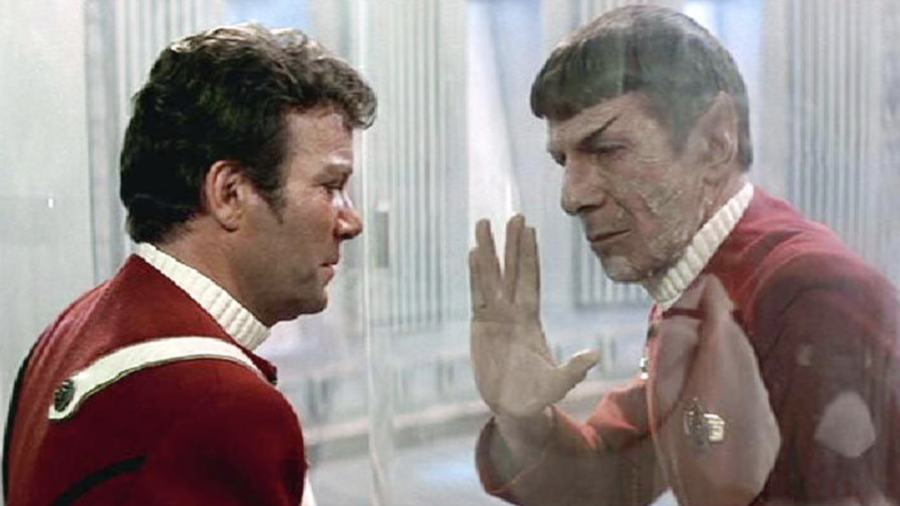
Nicholas Meyer’s script is versatile in its ability to intermingle the major thematic elements of the film with different characters’ emotional journeys. Kirk’s reconciliation with his son allows Kirk to stop moping about his own lost glory and realize that he needs to focus on creating a better galaxy for his son and for other young people, including the bold new science officer Saavik.
And Kirk’s reconciliation scene with David is cemented by the younger man’s reminder that Kirk has much to teach those like Saavik and that his age is a marker of wisdom and not shame.
We Could Use More Nicholas Meyers
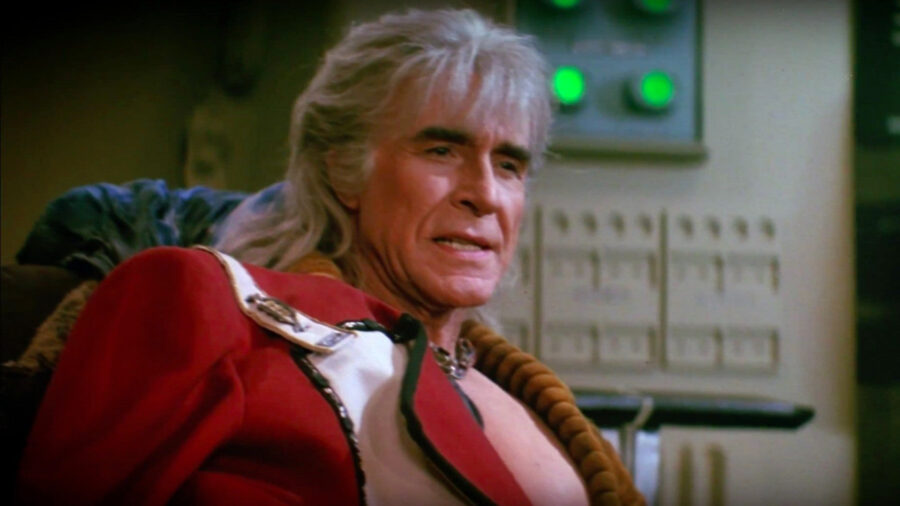
Without this reconciliation scene, Kirk would remain listless—a middle-aged sad sack mourning the loss of his bestie. But reconnecting with his son gave the legendary officer a new lease on life as well as a new purpose, something that Nicholas Meyer knew because he’s a great storyteller.
And if Paramount hopes to continue this franchise’s future, we can only hope that the studio has more such talented directors waiting to put them in their place at a moment’s notice.
Source: TrekMovie












